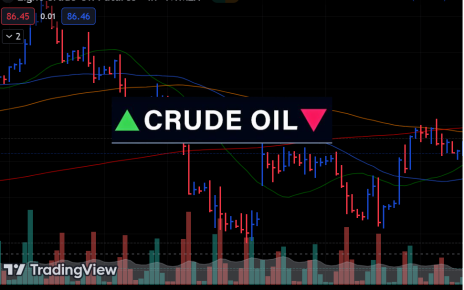- A senior Hamas official expressed willingness to discuss a potential truce with Israel.
- The Middle East conflict increased oil prices due to concerns about supply disruptions.
- Recent increases in long-term US Treasury bond yields might discourage further short-term policy rate hikes.
US equities closed higher on Monday as energy stocks surged with oil prices following the latest updates on the Israel-Palestinian conflict.
The Israeli military took steps, including calling up reservists and imposing a total blockade on the Gaza Strip. It indicates possible plans for a ground assault against Hamas, which launched a deadly attack over the weekend.
However, later in the afternoon, a senior Hamas official expressed willingness to discuss a potential truce with Israel. President Joe Biden directed his team to coordinate with regional partners to stop anyone trying to exploit the situation.
Nevertheless, there was optimism due to more dovish comments from Federal Reserve officials. As John Augustine, the chief investment officer at Huntington National Bank in Columbus, Ohio, noted, there was a shift in focus to US-related matters.
According to Augustine, the stock market and investors are primarily focused on the state of the economy and corporate earnings. The US economy is showing no signs of slowing down, and reports on earnings, starting this week, suggest an exit from a recession.
These fundamental factors held more sway in the market than negative geopolitical news from the weekend, as they proved more influential than a strong jobs report and concerns about the Federal Reserve on Friday.
Meanwhile, Federal Reserve officials hinted that recent increases in long-term US Treasury bond yields, which impact financing costs for households and businesses, might discourage further short-term policy rate hikes. This eased some concerns among equity investors.
In Europe, equities faced pressure on Monday due to the rush towards safe-haven assets like bonds and gold while boosting oil prices by more than 3%.
Crude oil futures (Source: Bloomberg)
However, the energy index soared by 2.9%, driven by a more than 3% rally in oil prices, pushing them above $85 per barrel. This surge in oil prices added to concerns about rising inflation, which kept the overall market under pressure.
Airline stocks experienced significant declines ranging from 4% to 8%. On the other hand, shares of defense companies surged by percentages ranging from 4% to 9%. The anticipation of a prolonged military conflict in the region drove this surge.





